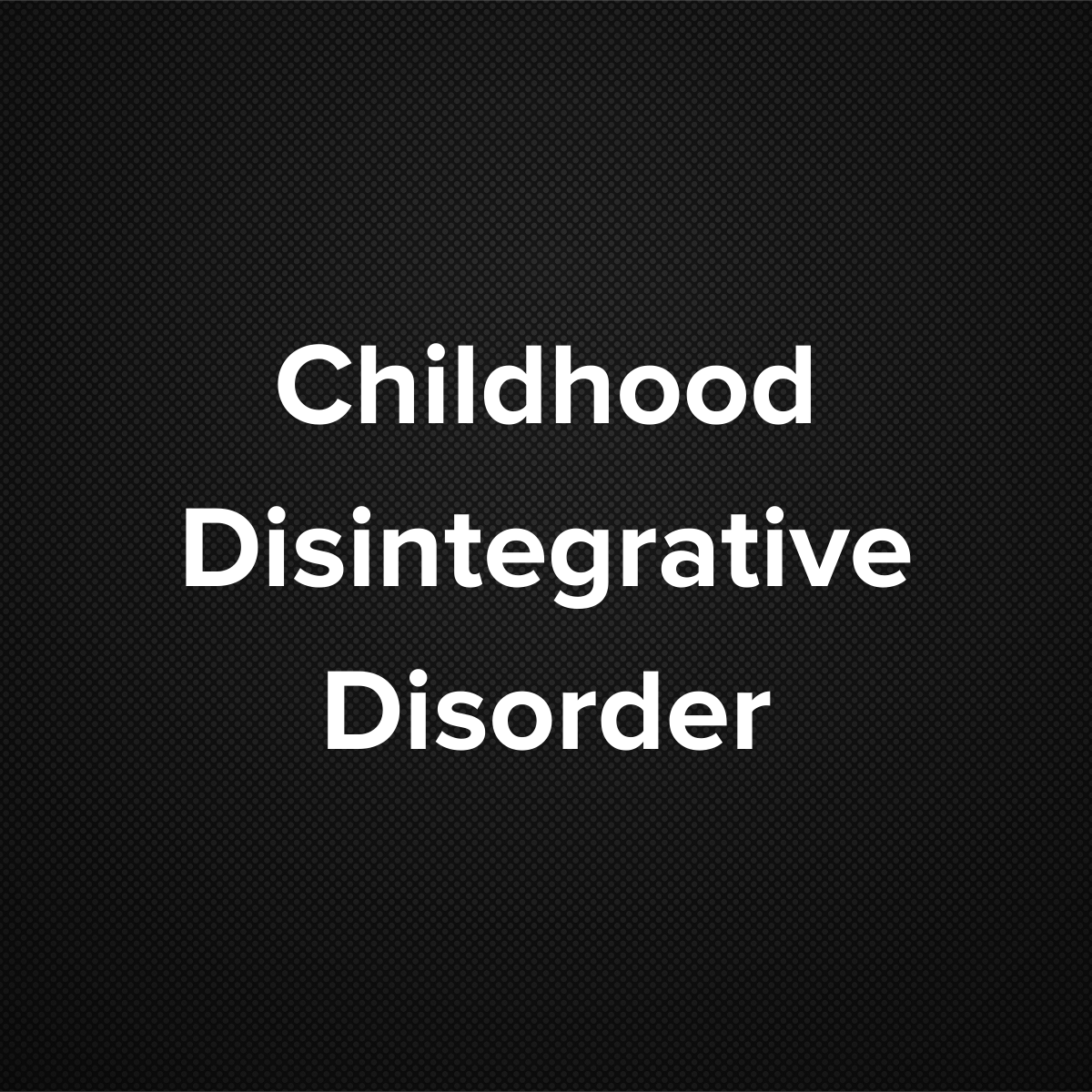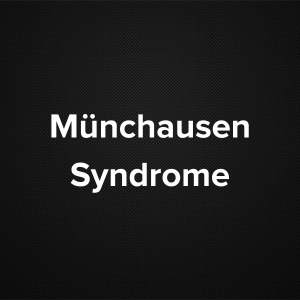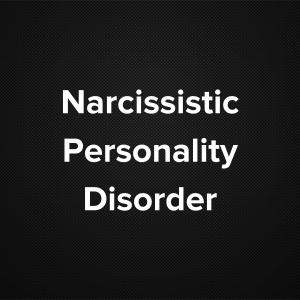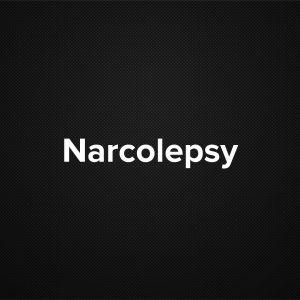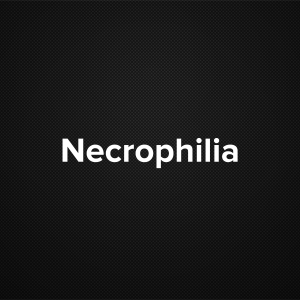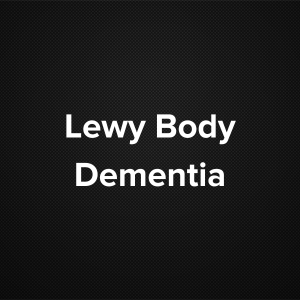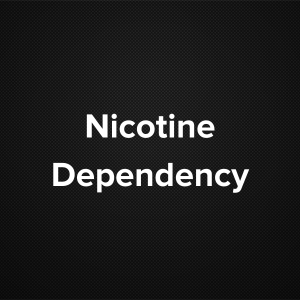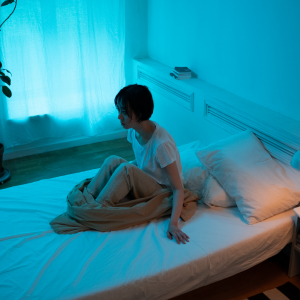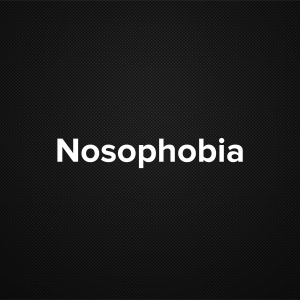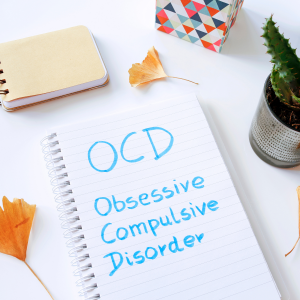Causes and risk factors
The exact cause of Childhood Disintegrative Disorder is unknown. But it is associated with the problems in the nervous system.
Clinical presentation
CDD shows loss of previously acquired skills. Child develops normally by two years, and then there is loss of language, social and motor skills, and other skills that they already learned before. Symptoms include inability to speak and communicate, difficult interaction, delay or lack of spoken language, impairment in nonverbal behaviours, inability to start or maintain a conversation, lack of play, loss of language or communication skills, problems forming relationships with other children and family members . There can also be loss of bowel and bladder control. Anxiety, Unprovoked anger, Agitation can also be seen. In many ways CDD is similar to autism except that in autism acquired skills are not lost.
Investigation
Medical history by the patient and psychological evaluation by the psychiatrist or psychotherapist helps in diagnosis .The most important sign of childhood disintegrative disorder is the loss of developmental milestones. It must be differentiated from childhood schizophrenia and pervasive developmental disorder [autism]. X-ray of head to rule out any brain tumour or head trauma is recommended. The diagnosis is made if the child has lost function in at least two areas of development from following – ability to say words or sentences [expressive language], ability to understand verbal and nonverbal communication [receptive language], bowel and bladder control , social skills and self-care skills [adaptive behaviour], , play skills, and motor skills .
Treatment
The goal of treatment for Childhood Disintegrative Disorder is to relieve or lessen the symptoms. Main treatment consists of Psychotherapy and counselling which involves cognitive behavioural therapy that teaches different techniques to combat the problem. Individual and family therapy, parent child interaction techniques, parent training, social involvement, spending quality time with your children will also help in managing CDD. Speech therapy is useful to correct speech defects. Physiotherapy is required for development of motor skills. Children with this disorder need lifelong support for their daily living. There are support groups for families that help reduce their isolation and frustration. Medications like anticonvulsants and antipsychotics may be required.
Other Modes of treatment
The other modes of treatment can also be effective in treating CDD. Homoeopathy is a science which deals with individualization considers a person in a holistic way. This science can be helpful in combating the symptoms. Similarly the ayurvedic system of medicine which uses herbal medicines and synthetic derivates are also found to be effective in treating CDD.
Facts and figures
Childhood disintegrative disorder occurs in 2 per 100000 children in the world.
